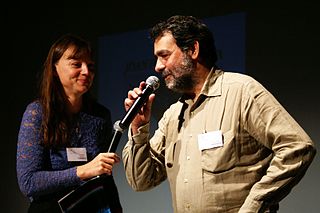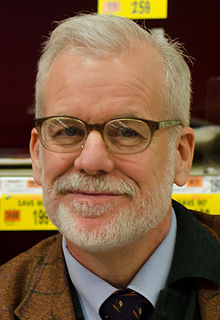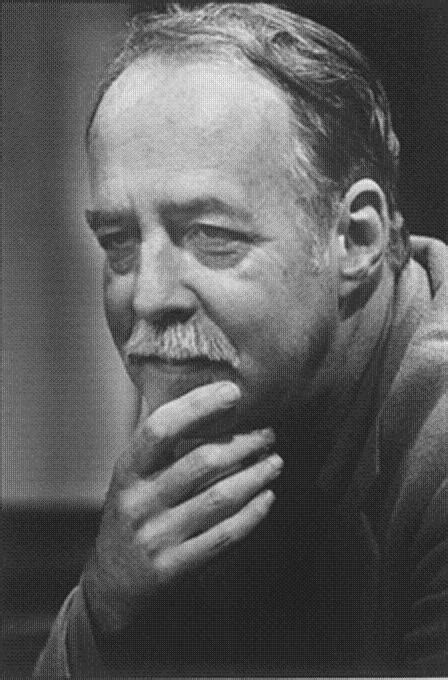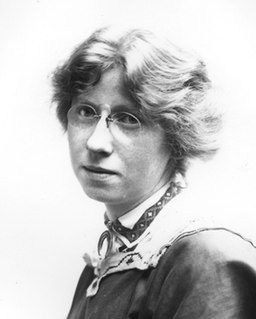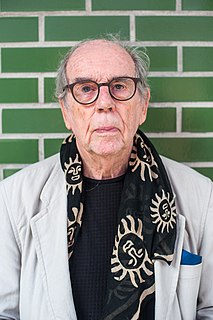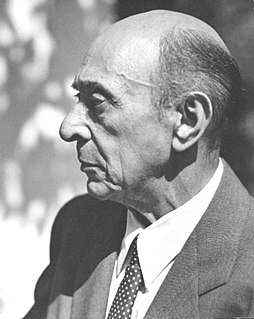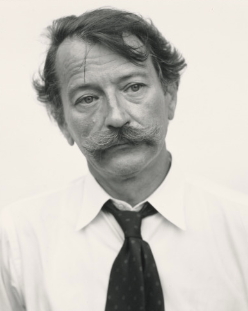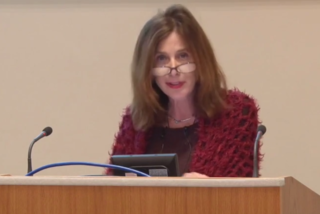A Quote by Joan Fontcuberta
I have always thought that the photographer does artistic work and that art consists of working with fictional premises.
Related Quotes
Always, when the words art and artistic are applied to my photographic work, I am disagreeably affected. This is due, surely, to the bad use and abuse made of those terms. I consider myself a photographer, nothing more. If my photographs differ from that which is usually done in this field, it is precisely because I try to produce not art but honest photographs, without distortions or manipulations.
A great deal of the joy of life consists in doing perfectly, or at least to the best of one's ability, everything which one attempts to do. There is a sense of satisfaction, a pride in surveying such a work, a work which is rounded, full, exact, complete in all its parts-which the superficial man, who leaves his work in a slovenly, slipshod, half-finished condition can never know. It is this conscientious completeness which turns work into art. The smallest thing, well done, becomes artistic.
I left film because I felt that photography was my art. It was something I could do on my own, whereas film was so collaborative. I thought as a photographer I could make something that was artistic and that was mine, and I liked that. And it wasn't until I got back into film and I have very small crews and I could do very tiny filmmaking that wasn't 100 people that I still felt that I was making something artistic as a filmmaker. So, you know, I'm an artist, and whether it's photography or film, I want my voice to be there and I think my voice is very strong in this film.
In Mexico, muralism is an important part of the artistic vocabulary, and it has a very different place than it does in the US. Here, you see mainly commercial signage and dead slick graphic works, or murals that are incredibly narrative and littered with too much content - bad political art. But in Mexicali, all kinds of artists work with mural art. In Mexicali, the social practice of art existed in a completely authentic and unselfconscious way.
Idealism, though just in its premises, and often daring and honest in their application, is stultified by the exclusive intellectualism of its own methods: by its fatal trust in the squirrel-work of the industrious brain instead of the piercing vision of the desirous heart. It interests man, but does not involve him in its processes: does not catch him up to the new and more real life which it describes. Hence the thing that matters, the living thing, has somehow escaped it; and its observations bear the same relation to reality as the art of the anatomist does to the mystery of birth.
